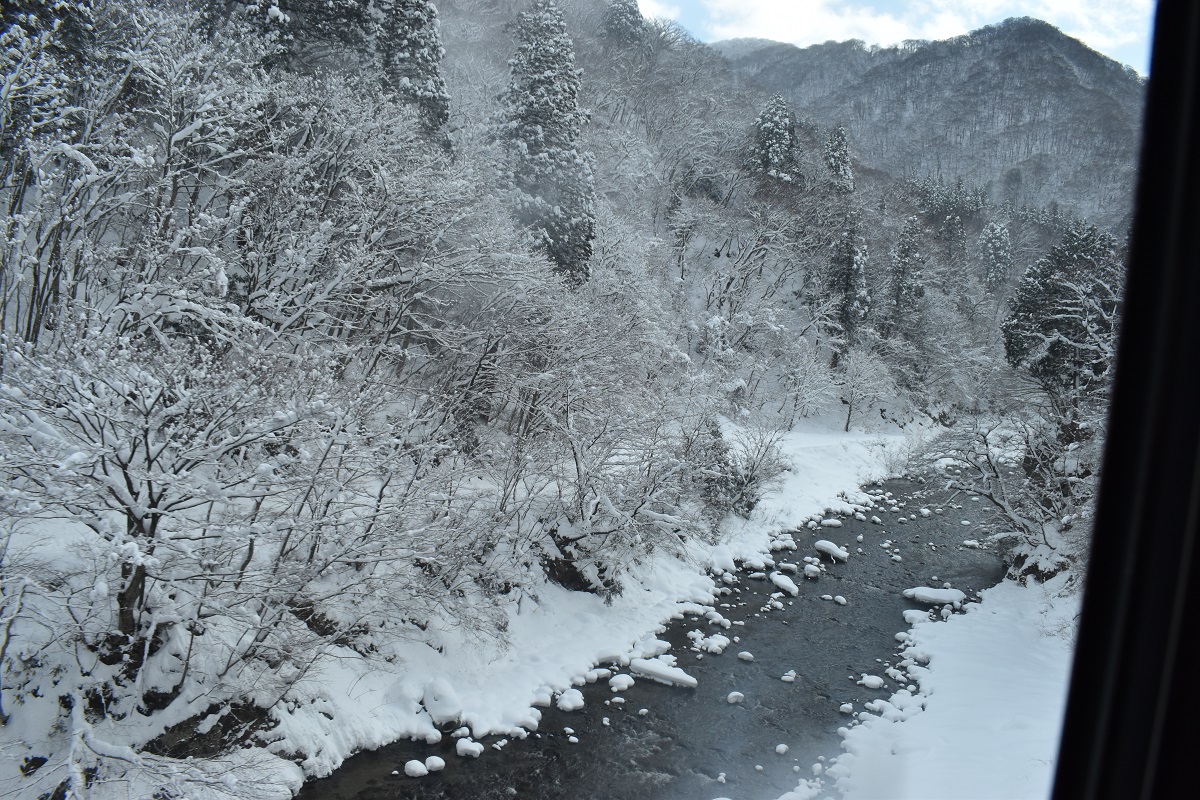Generally speaking of cows in a shrine is associated with Tenmangu, which enshrines Michizane Sugawara, senior official in Heian period, as the god of learning. So, It is a major source of income for the shrine during the examination season. However, at Shiogama Shrine, cows are worshiped in the hope that the business will continue for a long time like cow drool. The drool is not smart, but it is strongly associated with the development of Shiogama as a port town.

Shiogama Shrine is the No. 1 shrine in Tohoku, and sits in a position to protect the demon gate of Tagajo, which is the agency of the Yamato Imperial Court. It is located on a ridiculous hill in expectation of a tsunami caused by an earthquake. If you climb from the main approach, you will find 202 stone steps. At the time of the festival, 16 people carry one ton of mikoshi on the stone steps, so each person carries the same weight as their own weight.


I could see many small islands floating in Matsushima Bay from the precincts, and I felt that the hard work of climbing was rewarded.

There is Shiogama Sakura, a large-flowered double-flowered cherry tree designated as a natural monument in the precincts, but when it was about to disappear due to aging, it revived thanks to Kyoto gardener Sano Toemon. If you have the opportunity, definitely enjoy the wonderful Shiogama Sakura.



Haiku Basho wrote about this lantern in his travel journal.
Detour
The Tagajo, which was the agency for the Yamato Imperial Court and guarded by shrine, is explained at the Tohoku History Museum near Kokufu-Tagajo station. Excavations are still ongoing at Tagajo and there is a good walking course.




